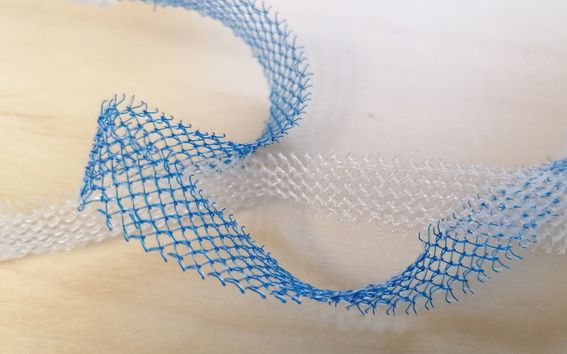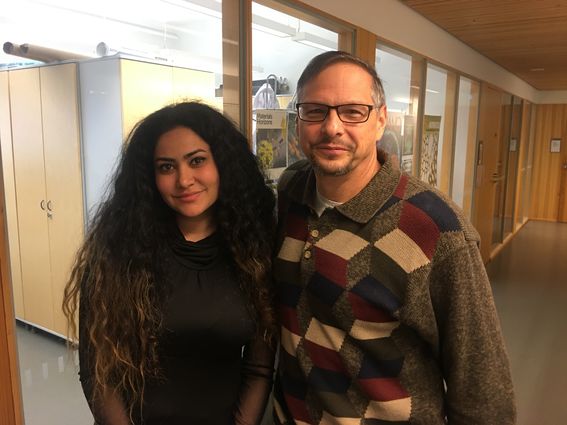Developing individualised biomaterials for medical treatment

A new Aalto University project is being launched to develop gynaecological prolapse mesh. Approximately 700,000 pelvic floor operations are performed in the western world each year, with about 400,000 of these taking place in Europe. About a fifth of all women undergo prolapses, or gynaecological hernias, at some time in their lives. Patients are usually older women who have had more than once child. The invention can significantly improve the quality of life and health of the women affected.
In the surgery, a mesh made from polypropylene plastic is used to lift the descending organ back into place. Existing plastic materials cause many types of problems in the body, and many of the products have been taken off the market. Plastic can cause reactions such as inflammation and sexual health problems.
‘There is a similar need for a new mesh in connection with hernia surgery and the treatment of urinary incontinence, and the new invention can also be used for these. We hope to develop the technology further to provide individual customisation in which treatment can be planned for specific patients’, says Jani Kuula, the lead researcher on the project.
In individualised treatment, the condition of the patient's own tissues are taken into consideration and a tailored prolapse mesh can be made.

Biomaterials have great potential as implants. The advantages of biomaterials include non-toxicity, similarity to the body's own cells, and easy processing of the material. The new material makes it possible to achieve a durability that is five times that of the person's own tissue.
The work is being carried out by members of Professor Orlando Rojas research group. The group includes top-level expertise in the development and manufacture of biomaterials. The project will boost know-how in the use of biomaterials in medical applications.

The project originated from observations made during the immersion phase of the Biodesign Finland project at the HUS Women's Hospital in 2019. The team includes medical applications specialists Jani Kuula ja Eija Raussi-Lehto from the Biodesign Finland project, and biomaterials experts Rubina Ajdary and Nazanin Zanjanizadeh Ezazi from Orlando Rojas’ group. Medical expert is Tomi Mikkola, chief specialist at HUS, Women's Hospital.
The project will begin in February 2020. The total budget for the project is EUR 600,000 and its duration will be 1.5 years. The project is getting support from Business Finland.
Further information:
Jani Kuula
Project head
Aalto University
jani.a.kuula@aalto.fi
tel. +358 50 475 0275
Read more news

Kielibuusti Project 2025–2028 Supports International Students and Staff at Aalto University
The Kielibuusti enhances opportunities for international students and staff to learn and use the Finnish language, and it supports the multilingual working practices within the Aalto community.
Significant donation to boost pavement engineering research and education
Companies and associations in the field have donated €400,000 to the School of Engineering.
Design strengthens industrial competitiveness – human-centered factory work at the core
Factory work is undergoing a transformation: new technologies and artificial intelligence are changing the content and roles of work. Aalto University’s Department of Design is studying this change from a human-centered perspective in the HiFive project.






